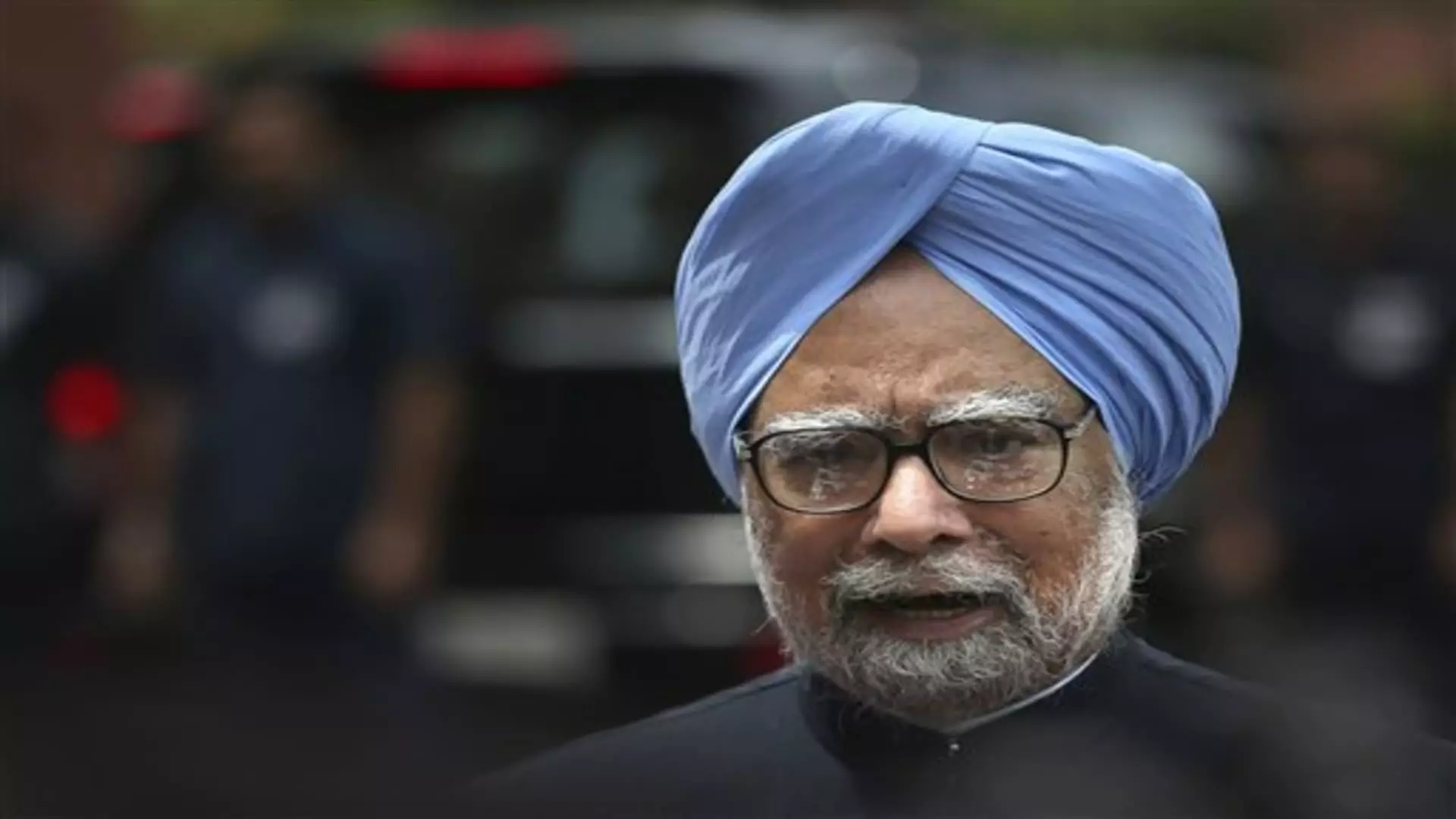In the landscape of Indian politics, few figures have managed to leave a legacy as profound as that of Manmohan Singh. Known as a “reluctant king” during his tenure, Singh’s ascension to the role of Prime Minister in 2004 was as unforeseen as it was transformative. Born into poverty in what is now Pakistan, his humble beginnings shaped a life dedicated to public service and economic reform. Singh’s academic pursuits, which included studying at prestigious institutions like Cambridge and Oxford, laid the groundwork for a remarkably successful career in economics—a field that would eventually propel him into the political arena.
As Singh stepped into the spotlight, India was on the brink of significant change. The legacy he would leave behind was not merely one of economic growth, but also one of resilience and adaptability in governance. He became the first Sikh to take the office of Prime Minister, an event that symbolized the progressive ethos of a diverse nation grappling with its identity in the modern world.
Singh’s tenure as Finance Minister in 1991 marked a turning point for India’s economy. Faced with a severe balance-of-payments crisis, he took decisive steps that ultimately opened up the Indian economy from decades of insularity. His introduction of liberalization policies, deregulation, and promotion of foreign investment ushered in an era of unprecedented economic growth. Perhaps most notably, his first budget speech drew inspiration from Victor Hugo, wherein he declared that “no power on earth can stop an idea whose time has come.” His vision for India was not just about survival; it was about asserting India’s place as a major player in the global economic sphere.
Following his appointment as Prime Minister, Singh continued to implement these transformative policies. His government enjoyed a period of robust growth which allowed for the introduction of initiatives aimed at improving the living standards of millions of Indians. Welfare schemes tailored for the rural poor demonstrated a commitment to inclusive growth, showcasing Singh’s understanding of the complexities of India’s socio-economic fabric.
However, Singh’s remarkable journey was not devoid of obstacles. Despite his calm demeanor and respected position on the global stage, back home he faced significant criticism. The political machinations of his own party often undermined his authority. Singh was frequently perceived as a puppet of Sonia Gandhi, the leader of the Congress party, raising questions about his autonomy and effectiveness as Prime Minister. This perception dogged his administration and complicated his attempts to execute his vision for India.
As his second term began, the challenges amplified. A series of scandals erupted, leading to public protests that questioned the integrity of his government. While Singh himself was seen as incorruptible, he was hamstrung by the actions of those around him, leading many to view the deterioration of trust in his leadership as a personal failure.
The growth story that Singh had painstakingly built began to falter, eroded by global economic downturns, legislative gridlocks, and rising discontent among the populace. In the face of a crumbling coalition government and with key allies withdrawing support, Singh struggled to maintain stability. By 2014, his party was ousted in a resounding defeat, marking the end of an era that had once promised so much.
As news of Singh’s passing at the age of 92 resonated throughout India and beyond, it became evident that his contributions were intertwined with the nation’s modern evolution. Prime Minister Narendra Modi’s acknowledgment of Singh as a distinguished leader highlighted the respect that even his political opponents bore for him. Singh’s insistence in his final press interactions that “history will be kinder to me” spoke volumes of a leader aware of his complex legacy: one marked by innovation, growth, struggle, and, ultimately, resilience.
With a family behind him—his wife and three daughters—Manmohan Singh’s life encompassed not only a commitment to economic reform but also love, honesty, and dedication to public service. As India reflects on his contributions, it becomes clear that Singh was not merely a reluctant king; he was a testament to the idea that thoughtful leadership, rooted in integrity, can navigate the tumultuous waters of political life, forging a path for a brighter future while remaining true to one’s principles.



Leave a Reply